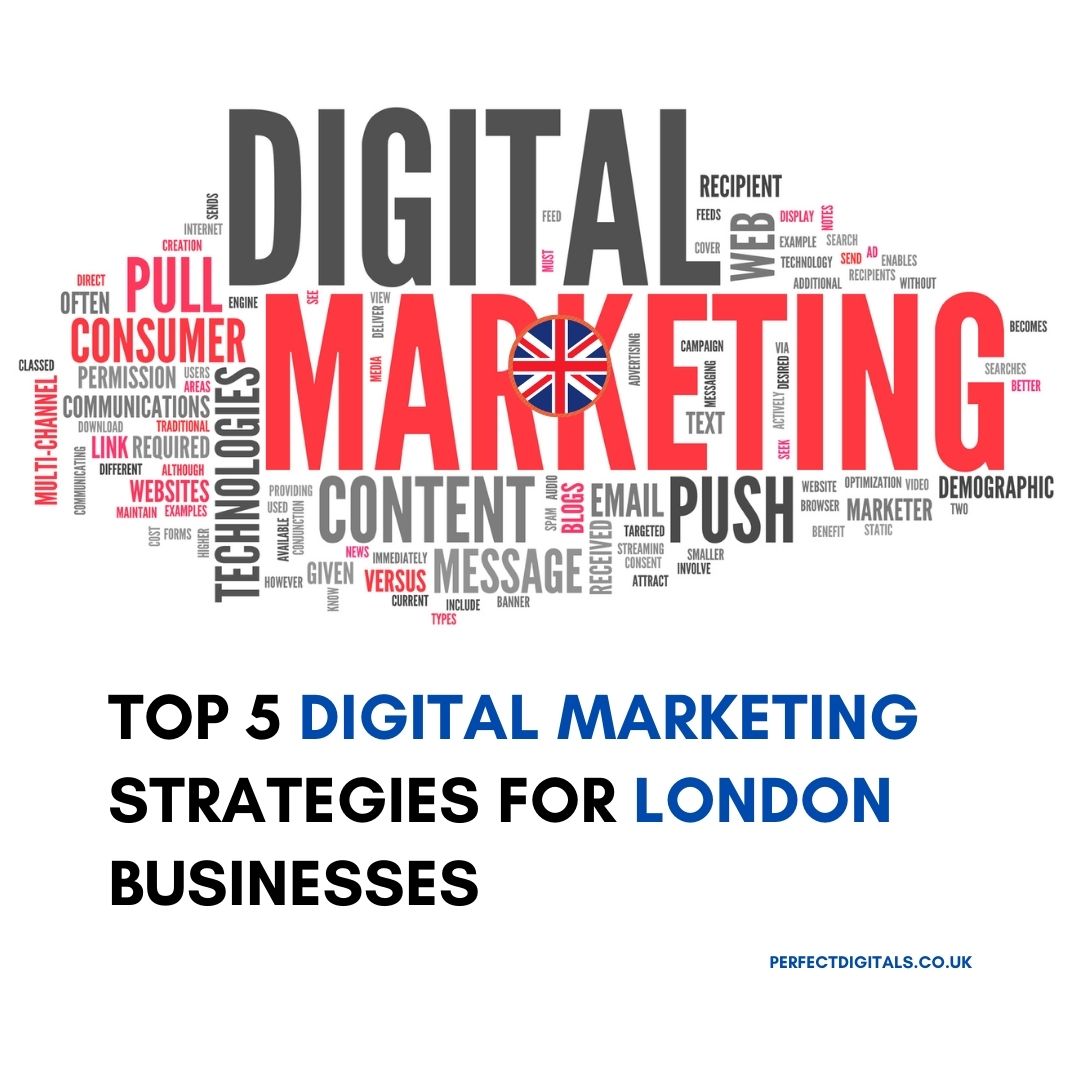
Building Customer Loyalty Through Digital Marketing
In today’s competitive market, customer loyalty is one of the most crucial assets for any business. Digital marketing has transformed how businesses approach loyalty-building, enabling them to connect with customers more directly and effectively. With a range of tools and strategies available, digital marketing not only helps attract new customers but also ensures that existing customers continue to return. This article explores the essential strategies and best practices for building customer loyalty through digital marketing.
Understanding Customer Loyalty in the Digital Age
Customer loyalty goes beyond repeat purchases. In the digital era, it’s about creating meaningful connections that foster trust, engagement, and a sense of belonging with the brand. Digital platforms have allowed customers to interact with brands on a deeper level, and loyalty is now built on personalization, value-driven interactions, and consistent engagement.
The key factors that impact digital customer loyalty include:
- Personalized Experiences: Customers expect brands to understand their preferences and offer tailored content, products, and services.
- Convenience and Accessibility: Digital tools make it easy for customers to interact with brands at any time.
- Engagement and Responsiveness: Active and timely responses from brands, especially through social media, increase customer satisfaction.
Using Data and Analytics for Customer Insights
Data is the backbone of modern digital marketing. By analyzing customer behavior, purchase history, and online interactions, businesses can uncover valuable insights to inform their loyalty strategies. Through data and analytics, brands can:
- Segment their audience for more targeted campaigns.
- Understand customer preferences to deliver relevant content.
- Predict future behavior to anticipate customer needs.
Platforms like Google Analytics, CRM systems, and social media insights provide data that helps brands enhance the customer experience by identifying patterns, tracking engagement levels, and monitoring feedback.
Personalization: The Key to Building Loyalty
One of the most effective ways to build customer loyalty is by personalizing marketing efforts. Customers are more likely to engage with brands that cater to their individual preferences. Personalization can be implemented across various channels:
- Email Marketing: Personalized emails with tailored recommendations, exclusive offers, and content based on past interactions help build a stronger relationship.
- Website Content: Dynamic website content that changes based on the user’s previous behavior creates a unique browsing experience for each visitor.
- Social Media Engagement: Personal interactions on social media, including responding to comments and addressing specific customer queries, make customers feel valued.
Reward Programs and Exclusive Offers
Incentives play a vital role in customer loyalty. Digital platforms make it easy to create and manage reward programs that encourage repeat purchases. Common types of digital loyalty programs include:
- Points-Based Systems: Customers earn points for every purchase, which can be redeemed for discounts, free products, or exclusive access.
- Tiered Rewards: Customers unlock more benefits as they move up loyalty tiers, encouraging them to continue engaging with the brand.
- Exclusive Offers and Early Access: Offering loyal customers early access to sales, new products, or special promotions makes them feel valued and appreciated.
Many e-commerce platforms integrate loyalty program tools, allowing customers to see their rewards status easily, which reinforces the sense of achievement and connection to the brand.
Social Media: Building Community and Engagement
Social media is one of the most powerful tools for fostering loyalty. Platforms like Instagram, Facebook, and Twitter offer direct communication channels for businesses to interact with customers. Best practices for building loyalty through social media include:
- Content that Resonates: Share content that aligns with your audience’s interests, values, and lifestyle to build a community around shared ideals.
- Interactive Campaigns: Contests, polls, Q&A sessions, and live videos encourage active participation, increasing the emotional connection to the brand.
- Customer Spotlights and User-Generated Content: Recognizing and sharing customer content makes customers feel valued and part of the brand’s community.
Consistent and Valuable Content Marketing
Content marketing remains a powerful way to build loyalty by educating, entertaining, and adding value to customers’ lives. Blog posts, e-books, videos, and infographics can establish a brand as an authority in its industry, creating trust and loyalty. Some content marketing strategies that boost loyalty include:
- Educational Content: Providing tutorials, how-to guides, and informational posts builds trust by showing customers that the brand is knowledgeable and helpful.
- Exclusive Content: Offering content exclusive to loyal customers, such as insider tips, early news, or premium resources, reinforces the value of staying engaged.
- Engaging Storytelling: Sharing brand stories and customer success stories can build an emotional connection that goes beyond transactions.
Email Marketing: Personalized and Timely Communication
Email marketing is an effective way to stay connected with customers while delivering personalized messages. A successful email marketing strategy for loyalty involves:
- Segmentation: Divide your email list based on customer behavior and demographics to deliver the right content to the right audience.
- Loyalty-Specific Campaigns: Send loyalty program updates, birthday messages, or anniversary offers to show appreciation.
- Follow-Up Messages: Personalized follow-up emails after a purchase to check on customer satisfaction or provide product tips show attentiveness and care.
Automated email workflows allow for consistent engagement without overwhelming customers, keeping the brand top-of-mind.
Conclusion
In the digital age, customer loyalty is an outcome of consistent engagement, personalized experiences, and trust. Digital marketing offers a variety of tools to help brands stay connected, anticipate customer needs, and deliver value at every stage of the customer journey. By implementing strategies such as personalization, reward programs, social media engagement, and transparent practices, brands can cultivate loyal relationships that lead to long-term growth. Building customer loyalty isn’t just about gaining repeat business—it’s about creating a lasting connection that turns customers into advocates. As digital marketing continues to evolve, the brands that prioritize loyalty will thrive in an increasingly competitive landscape.



